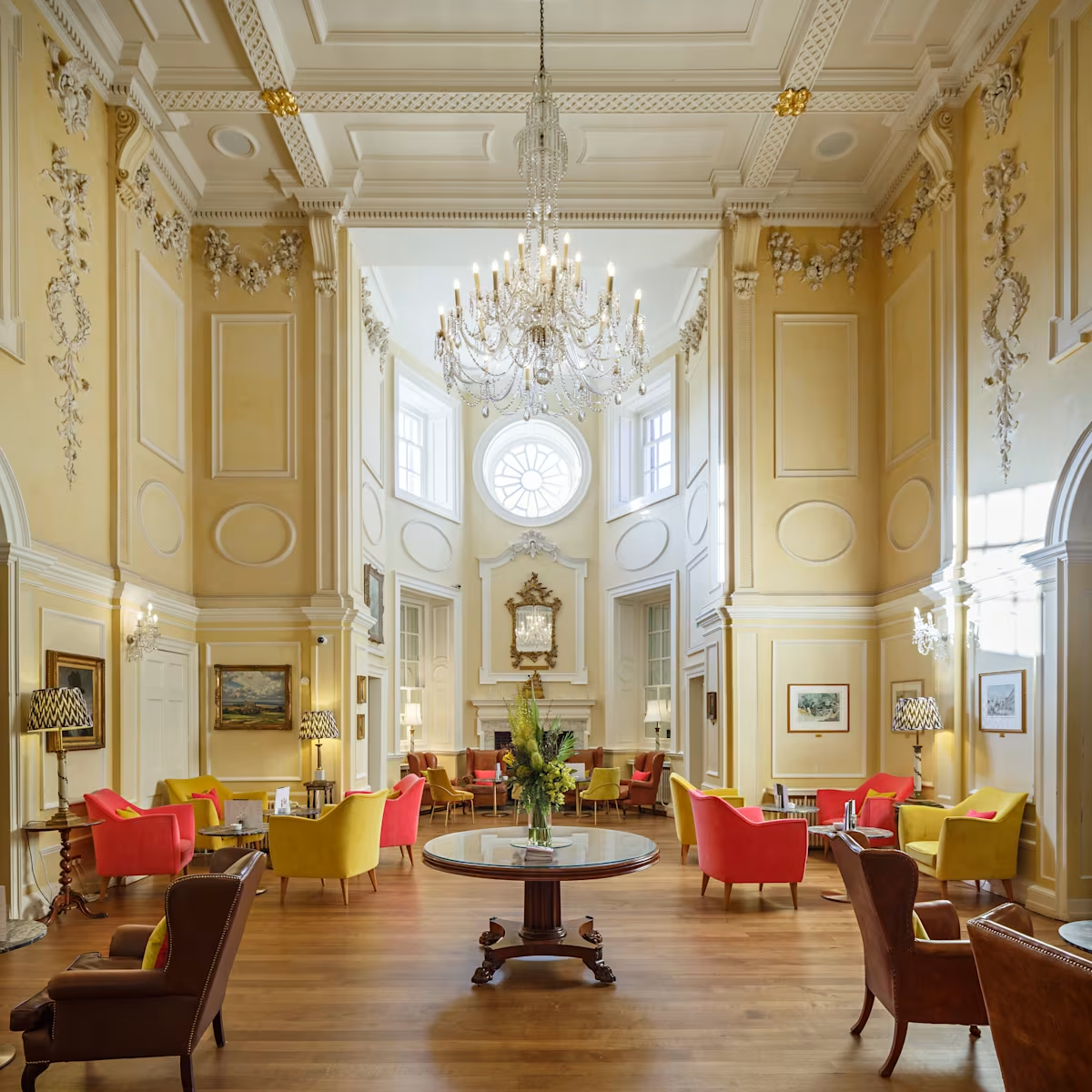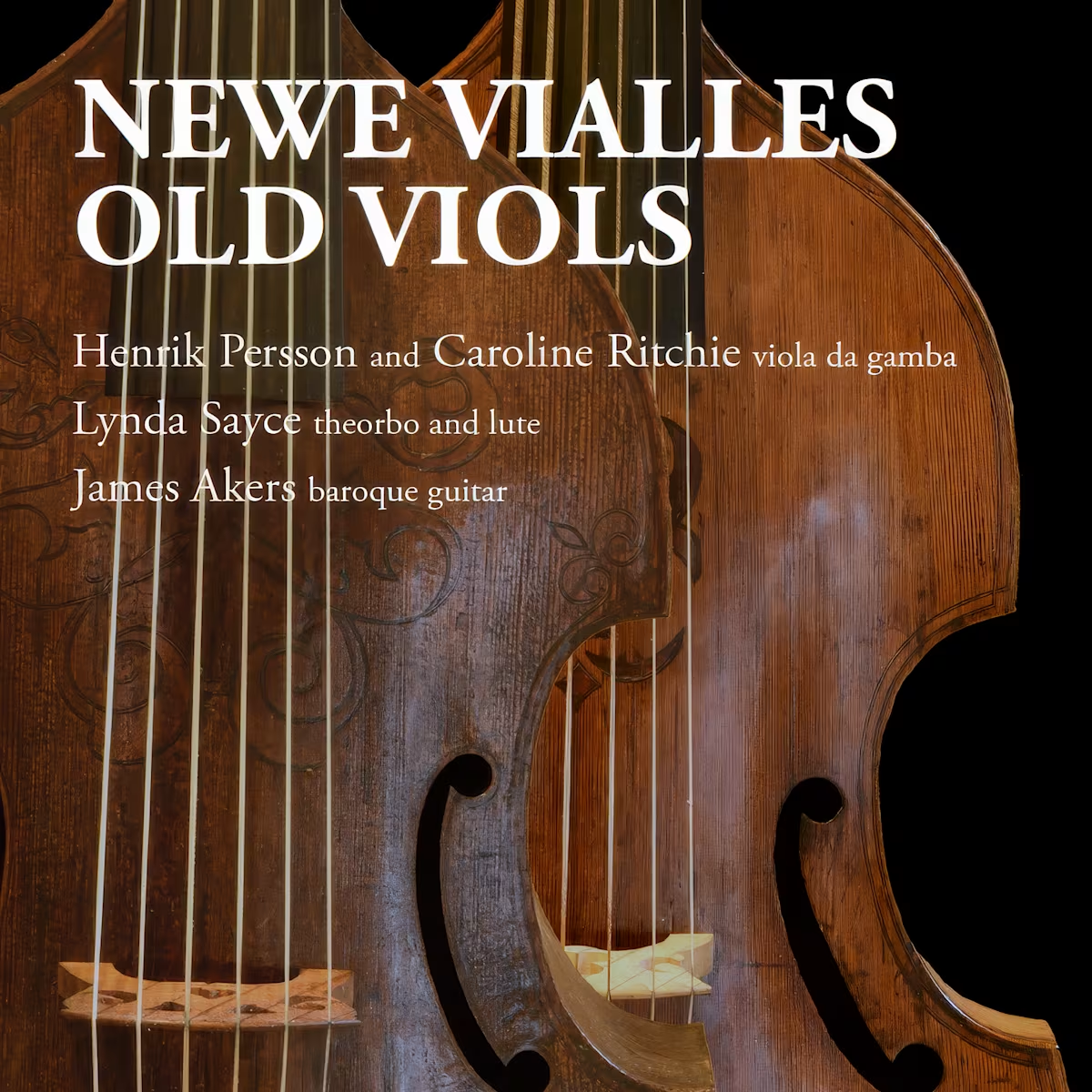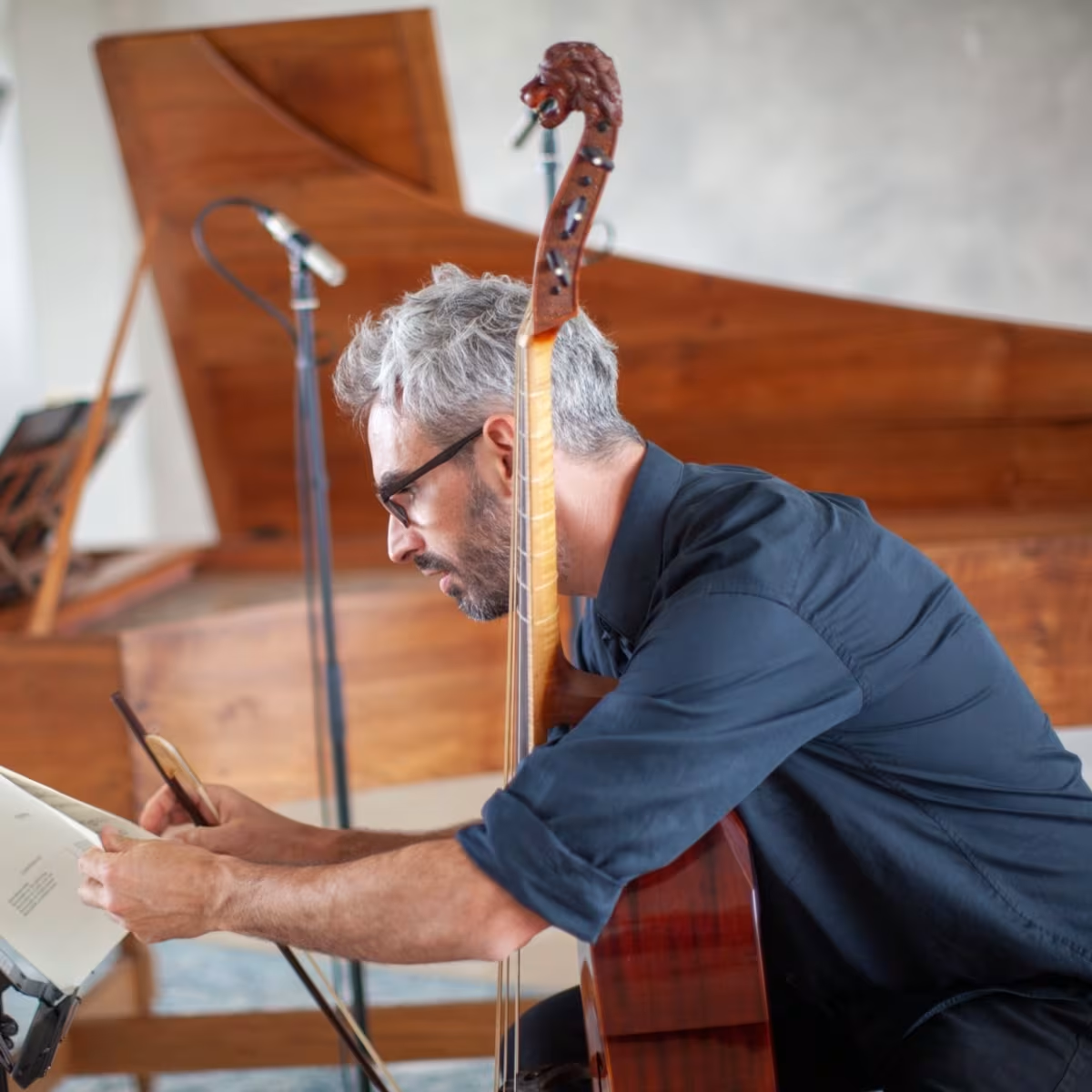Feature
Not a Carol Service: York Early Music
Christmas Festival at the National Centre for Early Music
Share this

If your picture of the National Centre for Early Music is of a secluded library where slightly peculiar people pore over obscure manuscripts or examine the entrails of an ancient hurdy-gurdy, then it is rather wide of the mark. As its Director from the beginning, Delma Tomlin, announced with a grin, “today we’re an NHS Blood Giving Centre. The trouble with being a Grade 1 listed building is that we have to bring in clients. The upkeep costs a fortune, despite the lottery money we had to convert and renovate it. Because we were able to do the conversion so well at the start, we are well ahead of most arts buildings in terms of disabled facilities etc. But old buildings never stop needing work. The church is set in a pretty garden, the old graveyard, which has a lot of slippery Yorkshire stone and has to be well maintained too. At least the blood donors have a Christmas show to watch on our screens as they are lying there, waiting for their tea and biscuits.”
That church, dedicated to St. Margaret of Antioch, who came to a rather nasty end for saying no to the local governor, is very ancient but has had a mixed and much-mucked-about history. Only a bit of wall remains from the 1100s. It was rebuilt after 1308, in Edward II’s reign, then again after 1675 because the steeple had crashed down into the nave. The church is a little away from the richer medieval centre of York and its Minster – close to the tributary River Foss rather than the grander Ouse. After it was declared redundant as a place of worship in 1974, the Theatre Royal used it to store sets and props. The York Early Music Foundation bought it in 1997, and it reopened in its present form in 2000.

A quarter of a century on, NCEM hosts a year-round programme of events, not only early music. The two focal points in the building are the York Early Music Festival, each July, and the Christmas version. “The Christmas Festival started in 1997,” Delma says, “deliberately before the building opened. We don’t 'do' Christmas to the 'n’th degree. If you want all the big celebrations like carols, York Minster does all of that really well and we don’t want to tread on their toes. I see our festival as a sort of anti-superfluous-shopping Christmas.”
Nonetheless, the Christmas festival has a striking array of first-rate ensembles, including Stile Antico, Siglo d’Oro, Spiritato and Solomon’s Knot – ensembles beginning with 'S' seem to dominate. “The winter festival has got longer through the years, and it has evolved. Now it has a strong sense of the folk element as well as early music, which came in around COVID. We host a regular folk programme anyway.” This year, guitarist Sean Shibe partners with Scottish fiddler Aidan O’Rourke to explore the byways of the traditions of both instruments. “It is interesting to see the cross-over between the audiences. People in festival mood seem to be more exploratory, though we sometimes get burnt, of course. The audience for the Christmas Festival tends to be more local than that for our summer festival or our companion festival at Beverley in May. That’s mainly about weather, tourism flows, and transport but also the homely atmosphere at this time of year.”

Despite its 'national' tag, NCEM sees itself as firmly part of the international context. Delma Tomlin is currently Vice-President of REMA (Réseau Européen de Musique Ancienne) – she was just back from its regional meeting in Bucharest when we spoke – and has continuing links whenever possible with the Ambronay centre in eastern France and the network of festivals it has created. “We have a strong emphasis on young ensembles. We developed this with EE Emerging as part of the Creative Europe programme, but we were forced to leave it in 2021 because of Brexit.” While the formal link has had to be severed because of political bureaucracy, like many British organisations, NCEM is working on ways to circumvent the new barriers.
In the meantime, it is trying to fill gaps in the British scene. “We have started the New Generation Baroque Ensemble programme with the Royal College of Music and BBC R3. We’re aware that young British ensembles are way behind their continental counterparts, both in experience and opportunities, so we are holding our fourth series of development days at the RCM in January where they will be coached by Ashley Solomon and listened to by R3 producers.”
Back in York, “we have our Young Artists Competition every other year to which we get a very strong response, partly because the prize of a recording with Linn is so exceptional. We are not a research centre, though we are starting a project with York University’s Social Sciences faculty on audience development. People come to visit and are surprised that we are not a museum. Our funding just does not work like that. Instead, we are busy being engaged with the local community every day: a very practical organisation.”
Share this
Keep reading

Enchanting Norwich
A history of Norwich’s Assembly House in 1754-55, focusing on its musical significance, key performances, and notable figures like Boyce and Geminiani.

Newe Vialles, Old Viols
Newe Vialles/Old Viols explores 17th-century English music for two historical bass viols and continuo, featuring works by Jenkins, Simpson and more.

In conversation: Jan Zahourek
Continuo Connect meets freelance double bass, viola da gamba and violone player Jan Zahourek who enjoys a variety of collaborations.




